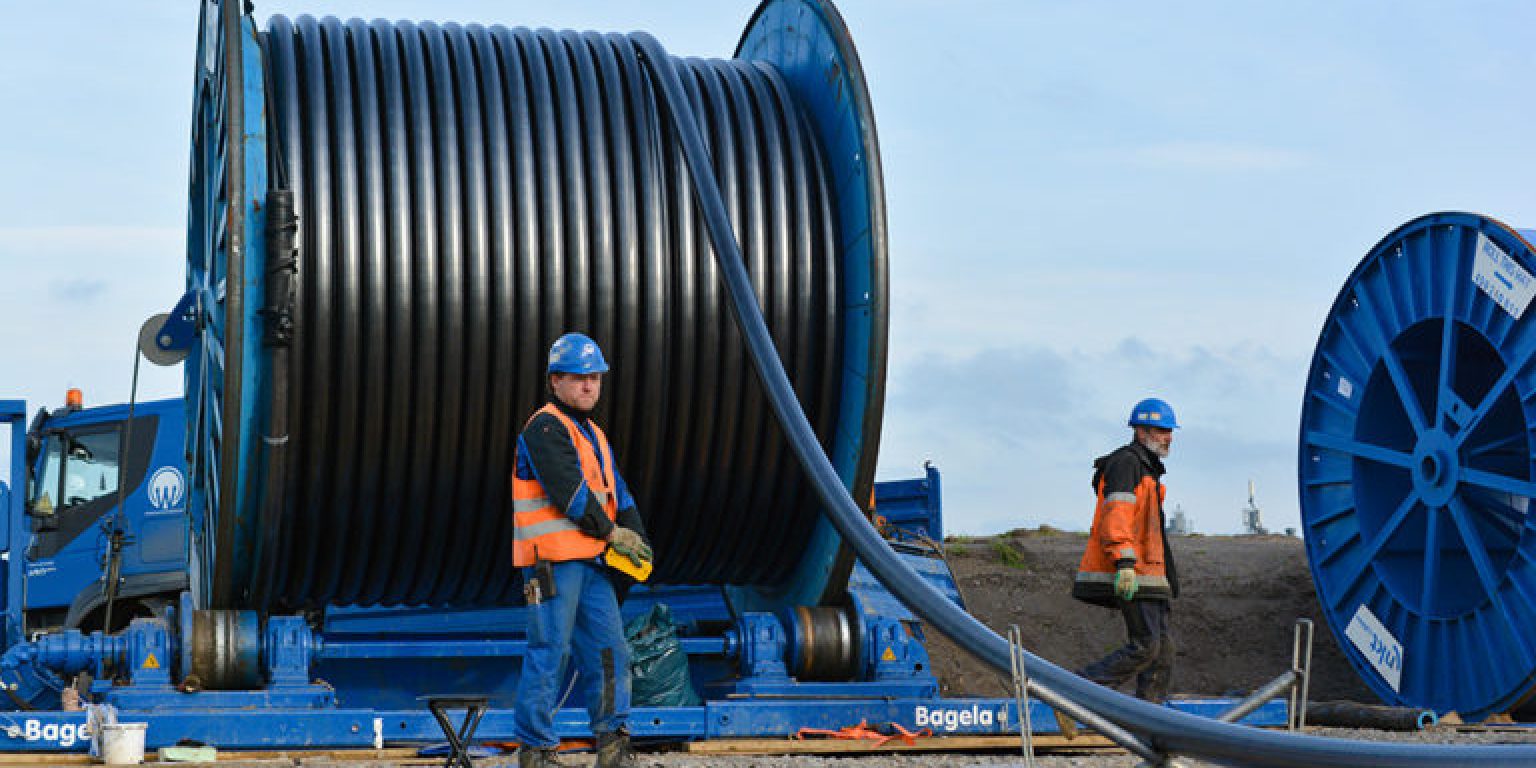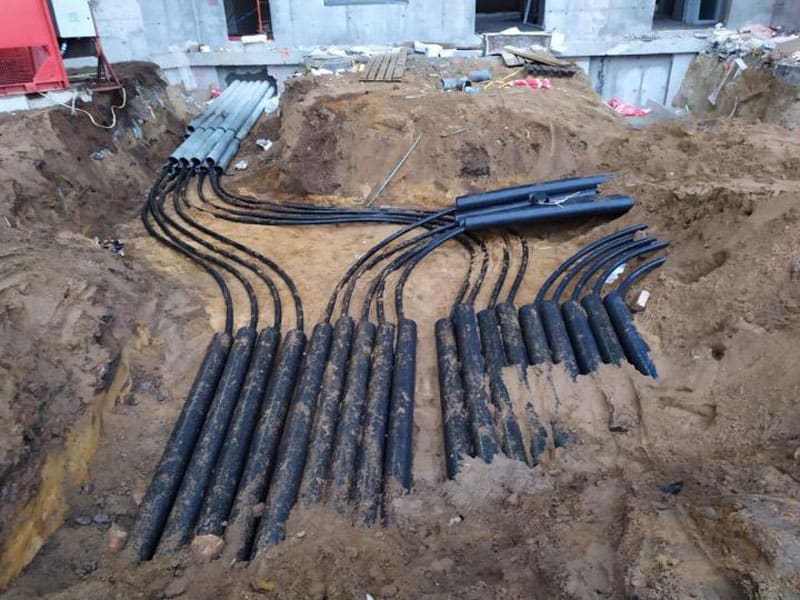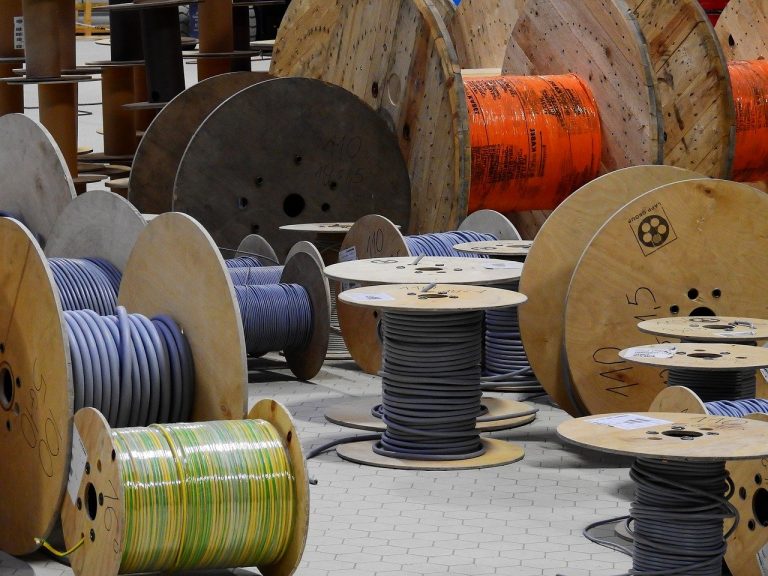Every household or commercial space depends on electricity. Whether it’s powering our gadgets or lighting up the building, electrical cables are essential for transferring power from one place to another.
Burying these cables is a practical and popular solution to supply electricity. To ensure the safety of your electrical system, it’s essential to observe specific regulations when burying electric cables.
Many people need to know the NEC code for buried electrical wires’ depth requirements. Without the proper depths, we risk losing a vital infrastructure fundamental to our daily lives.
It’s been said that knowledge is power. When protecting buried electrical cables, a little knowledge goes a long way toward keeping us safe and maintaining a reliable energy source.
Knowing the NEC code’s specifications for buried cables will give you the confidence to implement them successfully. Let’s find out more about the depth requirements for buried electrical cable.
How Far Can You Run Electrical Cable?
- Underground
Wouldn’t it be nice if you didn’t have to worry about those tangled cords and cables strewn across your yard? Looking for a way to power outdoor lighting, tools, and other necessities more efficiently without the mess of wires getting in the way?
If so, running an underground electrical cable may be the answer. Underground wiring brings power and convenience directly to where you need it while providing a clean aesthetic look.
More details: Underground Cable Types and Advantage
The depth of the buried wire depends on your purpose, soil type, and other factors. Some most common depths are:
· 24-Inches Deep Burial Depth
This is the most common burial depth used for shorter cable runs under walkways, driveways, and sidewalks. 24-inch deep burial depth usually meets local codes and won’t interfere with other underground utilities like sewer lines or water pipes.
This makes it suitable for those looking for outdoor power lighting or even a pool pump without having to dig too deep. Depth requirements for buried electrical cable Uk may slightly differ.
· 18-Inches Deep Burial Depth
When you have to bury cables in lawns or gardens, many codes require that the wires be 18 inches deep. This depth meets most requirements for short cable runs up to 50 feet long.
For longer runs of wire than this, you may need to dig a deeper trench. THWN-2 conductors inside PVC conduit provide the best protection against short circuits and other hazards.
· 12-Inches Deep Burial Depth
Most codes require that all electrical conduits be buried at least 12 inches deep for the house, garage, or building entrances. This is to prevent any risk of injury or damage to the cables due to digging or landscaping work.
· 6-inches Deep Burial Depth
If you use galvanized EMT or IMC conduit for the wiring, you can get away with a 6-inch deep burial depth. This is suitable for areas that don’t require heavy digging and where there isn’t a risk of frost damage to the cable.
How Deep To Bury PVC Electrical Conduit?
PVC is one of the most common materials used for underground electrical wiring. It’s lightweight, durable, and can be used in almost any situation. PVC conduit is more flexible than metal conduit, but it still needs to be buried correctly.
According to the NEC guidelines, PVC conduits must be buried at least 18 inches deep for residential, commercial, and industrial applications.
While schedule 40 PVC burial depth may vary, the general recommendation for burial depth when installing electrical conduit is at least 24 inches. Depending on the site conditions and local regulations, deeper conduits may be needed.
While keeping water out of conduits is essential, schedule 40 PVC helps avoid physical damage from surrounding soil or landscaping projects. If possible, always fill the trench with soil to prevent future problems like cracking.
Additionally, be sure to have a few extra conduit boxes or schedule extra time just in case quick repairs need to be made. Every PVC conduit setup should also be inspected and approved by a local licensed electrician.
How to Dig a Trench For Electrical Wire?
Digging a trench for electrical wiring is integral to many electrical projects. To ensure the trenches are dug safely and to specification, careful preparation should be taken before beginning the digging process.
Before excavation begins, the area should be inspected for utilities that the dig, such as gas, water, or fiber-optic lines, may impact. Once the area has been cleared, and all safety recommendations met, it’s time to begin excavation.
Depending on soil type and each project’s specific needs, a shovel or spade may be used; trenchers can also decrease the labor time required for larger projects. Trenches dug for electric wires must range from 18-24 inches deep to 12 inches wide, with proper vertical 90-degree corners at ends, allowing for five inches of overlap at joints when possible.
Proper backfilling materials that provide stability should also be used when refilling the trenches after installation. These steps will ensure your project runs smoothly and safely over its lifetime.
What Kind of Electrical Wire Can Be Buried Underground Without Conduit?
Direct burial of cables or conductors effectively runs electrical wiring from one location to another without using conduits. Direct-bury rated electrical wire is designed for direct underground installation and comes with insulation that maintains its integrity when buried.
Direct burial cables are usually composed of two or more insulated conductors and may also have a jacket around them. Direct burial cables can be buried in-ground up to 18 inches under normal soil conditions, but consult a professional if there are exceptional circumstances involved, such as hard-packed soil or acidic soils.
Local building codes should always directly bury wires to protect people and ensure safety.
Conclusion
In conclusion, the depth requirements of buried electrical cable is essential for safety. Knowing and understanding what codes are in place, and having experienced professionals with the expertise to properly bury them, can help ensure the maximum level of safety for those who would come into contact with them.
Failing to adhere to these depth requirements can be dangerous and create many other problems, including electrical shorts and equipment failure due to water seeping in and corroding the wires. Consequently, following these regulations will provide individuals with a safe working environment.
ZW cables are the leading and most trusted source for your electrical wiring needs. Our team of experienced professionals is committed to providing quality services and products that meet or exceed industry standards.
Let us be your one-stop shop for all of your electrical wiring needs! Contact us today to learn more about our range of products. Thanks for reading!
Last Updated on October 13, 2023 by Richard





